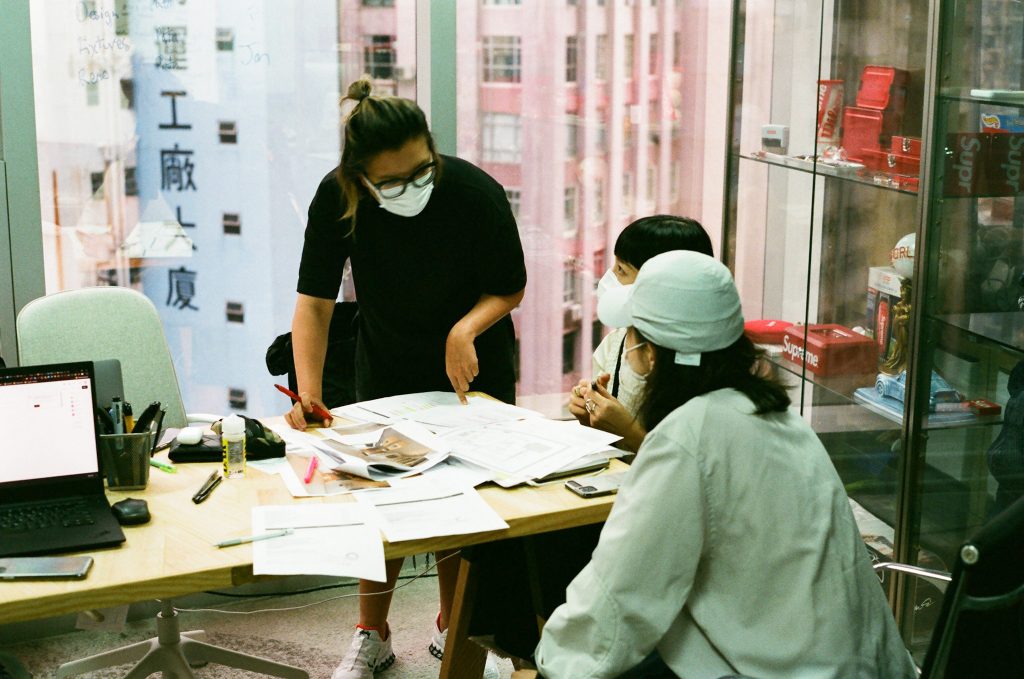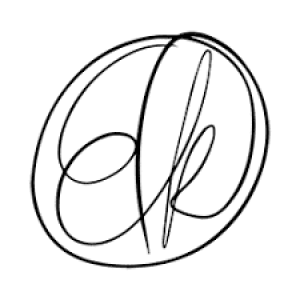
Despite how “connected” we are now, communication is something we’ve undervalued a lot in recent times. It’s a paradox in that we’ve largely been more capable of messaging and communicating with others, but we’ve also simultaneously lost track of how to do it with our cocktails of instant messages, voice notes and emails. Those who recognize its power and the impact of effective messaging tend to thrive. We often consume this weird cultural soup that’s been watered down with an abundance of messages and content unethically spiced up with clickbait.
The last few weeks have been revealing in understanding the outcome of good and bad communication. I have experienced this across concurrent projects on the Adam Studios (MAEKAN’s sister creative agency) side with differing clients, needs, and requirements. This seems obvious, but at any given moment in time, a person (or a business) is on a different path than that of another. Somebody’s beginnings can also be somebody’s downward spiral that you’re hoping to help stop, so recognizing which part of that journey they’re on has become valuable in helping people address their particular needs.
I love exploring the impact of invisible forces. It’s amazing how culture, in itself, can exert such a commanding influence on us without us knowing. At its core, communication is a foundation of culture. How we tell stories, share ideas, and hammer out resolutions are all things that govern us.
At its best, communication aligns people and projects, ensuring you move forward in unison. At its worst, it’s basically like those neglected cables behind your desk. You don’t know where things start and stop, nor do you know any of their individual usage. When something fails to succeed, it’s not always that the idea is bad, but rather that the methods and vectors of communication are off. This is why terrible products and questionable politicians can have such a commanding effect on our attention. They’ve understood how to determine the message and find an audience to whom it most appeals. It is also why great ideas, when distilled properly, stand the test of time.
Doing this “creative” thing brought up multiple challenges and uncertainties over the last few months. We aren’t performing any life-saving work and most of us are glorified marketers that help tell stories for those looking to put a product in your hands. Maybe it’s me seeking further truth and/or justification, but there have been some interesting takeaways I’ve derived in recent times, namely:
1. Information organization is something that is always valuable. The way in which somebody can take a bunch of information and filter it for consumption is so very, very key
2. Guiding people through the questions you ask helps remove uncertainty and make sense of potentially complex ideas.
3. Empathizing with people’s needs and understanding their position determines who you’re speaking to and most importantly, how you word your communications. It means there is no “one size fits all” approach to speaking to people.
4. Listening is just as important as speaking. Subtle nuances and cues in communication, as well as word choice, help you decipher what’s important and worth diving deeper into.
This Editor’s Letter seems like a quasi-guide to better communication skills. But really, what inspired me to write this was that in recent times, we’ve found ourselves at this increasingly larger gap between various parties. It seems like there’s no particular solution and sight. Perhaps we often mistakenly believe that the solution is “winning the argument”.
Instead, communication in the realm of creative culture and community is a tool to arrive at a consensus and mutual understanding. It’s a useful way of guiding conversations to find moments of overlap. The overlap is the building block of agreement. As I alluded to, we’re often in the process of winning, but the reality is that the real challenge is about finding moments of agreement.

Eugene Kan
Editor-in-Chief
























